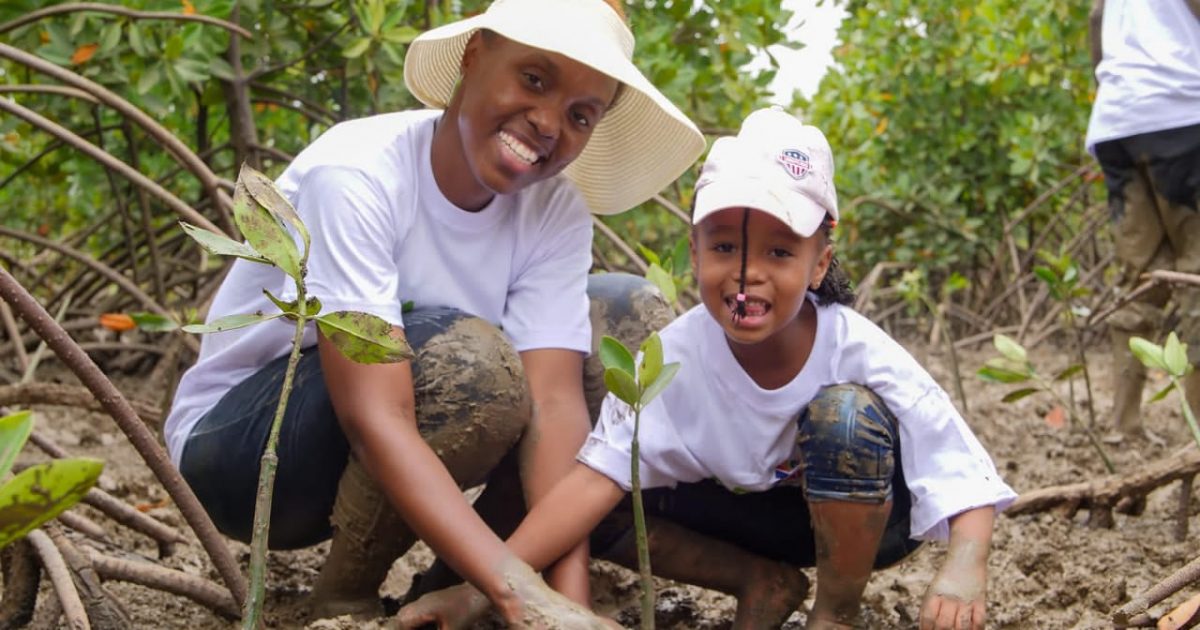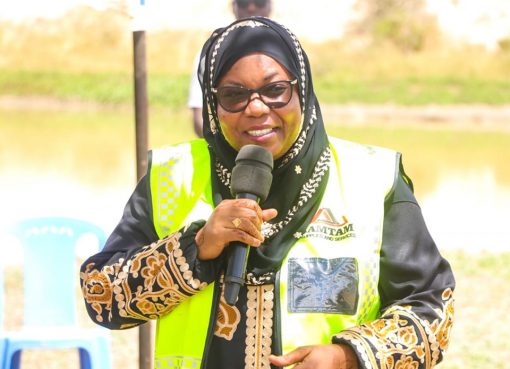Mombasa County is among 12 cities in Africa that have been selected for the Green Cities African Programme to improve the environment and protect the society and wildlife from the danger of global warming.
The programme known as the Go Green Mombasa Mangrove Ecosystems Restoration is funded by the United Nation’s Food and Agriculture Organisation (FAO) and spearheaded by the Environment Trust of Kenya (ETK).
“We thank FAO and Mombasa County Government for this initiative which will go a long way in preserving and conserving one of the most unique ecosystems,” said Hawa Njenga, Communication Officer of Environment Trust of Kenya.
Speaking during planting of mangrove trees at Badi Primary School in Jomvu Sub-County, Njenga said the initiative under Utangamano Bay Economy framework, would change the culture of the community in learning to integrate a green lifestyle.
“The initiative also involves waste management, citywide recycling, increase in forest cover and empowering ourselves skilled urban farming and livestock keeping,” she added.
The ETK official contends that the mangrove trees planted will boost efforts to increase the Kenyan Forest cover in order to improve the environment and protect the society and wildlife from the danger of global warming.
“We have collaborated with our youth at Kwa Jomvu and beyond to reverse the diminishing mangrove forest’s cover damaged by the detrimental environmental and economic factors,” said Njenga.
Njenga further said her organisation is working closely with FAO, Mombasa County Government and other stakeholders in ensuring that they achieve the objective of increasing the city’s green cover with the unique tree species.
She mentioned the beneficial effects of the mangroves on the marine ecology such as environmental as well as economical, including the creation of breeding habitat, effective carbon absorption below-ground and improving the quality of water.
She said the mangrove trees planted was expected to generate a huge multiplier effect in the economy through activities drawn from the mangrove ecosystem.
Njenga encouraged the local communities to conserve the environment for the betterment of both the current and future generation.
“As you are aware, mangrove trees bear an important significance to the Marine Eco- System which form a basis to the Economic activities of the Region,” she noted.
On global warming mitigation measures, Njenga said mangrove forests play a crucial role in converting carbon dioxide to organic carbon at higher rates than other habitats on earth.
According to researchers, destruction of mangrove ecosystems releases carbon back into the atmosphere, exacerbating climate change to the society from the risks associated with climate change.
By Mohamed Hassan




